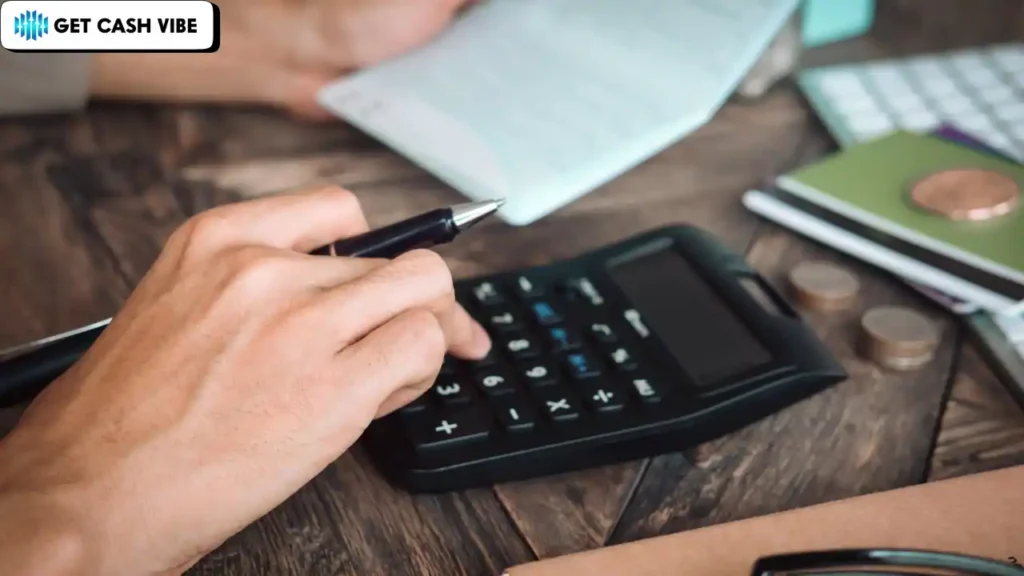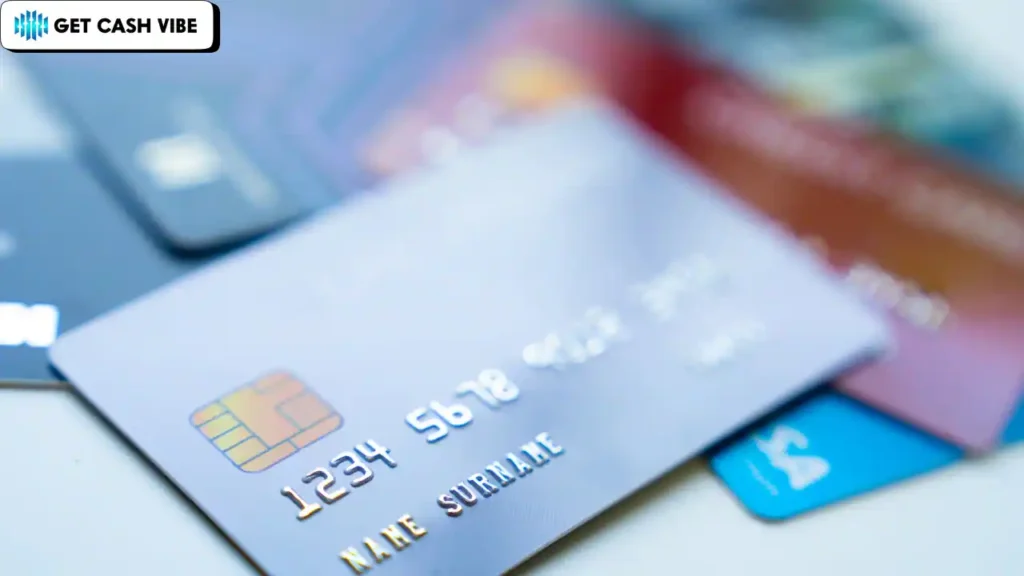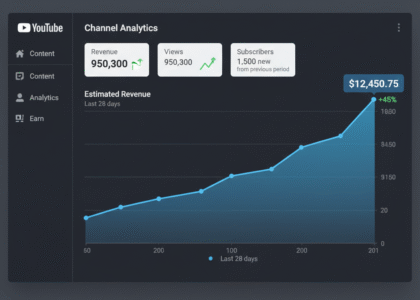Debt can feel overwhelming, but with the right debt repayment plans, you can take control of your finances and pay off what you owe efficiently. Whether you’re tackling credit card debt, student loans, or personal loans, having a structured plan makes all the difference. In this guide, we’ll explore different debt repayment strategies, their benefits, and actionable steps to achieve financial freedom.
Understanding Debt Repayment Plans
A debt repayment plan is a structured approach to paying off debt in an organized and manageable way. The right plan depends on your financial situation, the type of debt you have, and your long-term goals.
Common Types of Debt
- Credit Card Debt – High-interest rates make it one of the most expensive types of debt.
- Student Loans – Federal and private loans have different repayment terms and forgiveness options.
- Personal Loans – Typically used for large expenses, often with fixed interest rates.
- Medical Debt – Unexpected expenses that may have flexible repayment options.
Best Debt Repayment Plans

1. The Debt Snowball Method
Best for: Motivation and quick wins
- Focus on paying off the smallest debts first while making minimum payments on larger ones.
- Once a small debt is paid off, use that freed-up money to tackle the next smallest debt.
- Creates a psychological boost as you eliminate debts one by one.
2. The Debt Avalanche Method
Best for: Saving money on interest
- Prioritizes paying off the debt with the highest interest rate first.
- Minimizes the amount you spend on interest over time.
- Requires discipline but is the most cost-effective method.
3. Debt Consolidation: Debt Repayment Plans
Best for: Managing multiple debts
- Combines multiple debts into one loan with a lower interest rate.
- Simplifies repayment with a single monthly payment.
- Can be done through a personal loan, balance transfer credit card, or home equity loan.
4. Debt Management Plan (DMP)
Best for: Those struggling with high-interest debt
- Offered by nonprofit credit counseling agencies.
- Helps negotiate lower interest rates with creditors.
- Requires closing credit card accounts, impacting your credit score temporarily.
5. The 50/30/20 Budget Rule: Debt Repayment Plans
Best for: Balancing debt repayment with financial stability
- Allocates 50% of income to necessities, 30% to wants, and 20% to debt repayment and savings.
- Ensures you maintain a sustainable budget while tackling debt.
Additional Tips for Paying Off Debt Faster

- Make Extra Payments: Apply any windfalls (bonuses, tax refunds) toward debt.
- Cut Unnecessary Expenses: Reduce non-essential spending to free up more money for repayment.
- Increase Your Income: Consider a side hustle, freelance work, or a part-time job.
- Automate Payments: Avoid late fees by setting up automatic payments.
- Negotiate Lower Interest Rates: Contact creditors to request lower rates or better repayment terms.
FAQs
What is the best debt repayment plan?
The best plan depends on your financial situation. The Debt Snowball method is great for motivation, while the Debt Avalanche method saves you the most on interest.
How can I pay off debt if I have a low income?
Start by cutting unnecessary expenses, finding ways to increase your income, and focusing on high-interest debt first. Consider a debt management plan for professional assistance.
Will debt consolidation hurt my credit score?
Initially, it may lower your score due to a new credit inquiry, but it can improve your score over time if managed properly.
Should I pay off debt or save first?
It’s best to have an emergency fund while repaying debt. A good rule of thumb is to save at least 3-6 months’ worth of expenses before aggressively paying off debt.
Conclusion
Tackling debt doesn’t have to be overwhelming. By choosing the right debt repayment plan, staying consistent, and making strategic financial decisions, you can become debt-free faster than you think.
Ready to take control of your finances? Visit GetCashVibe for expert personal finance tips and debt management strategies!






